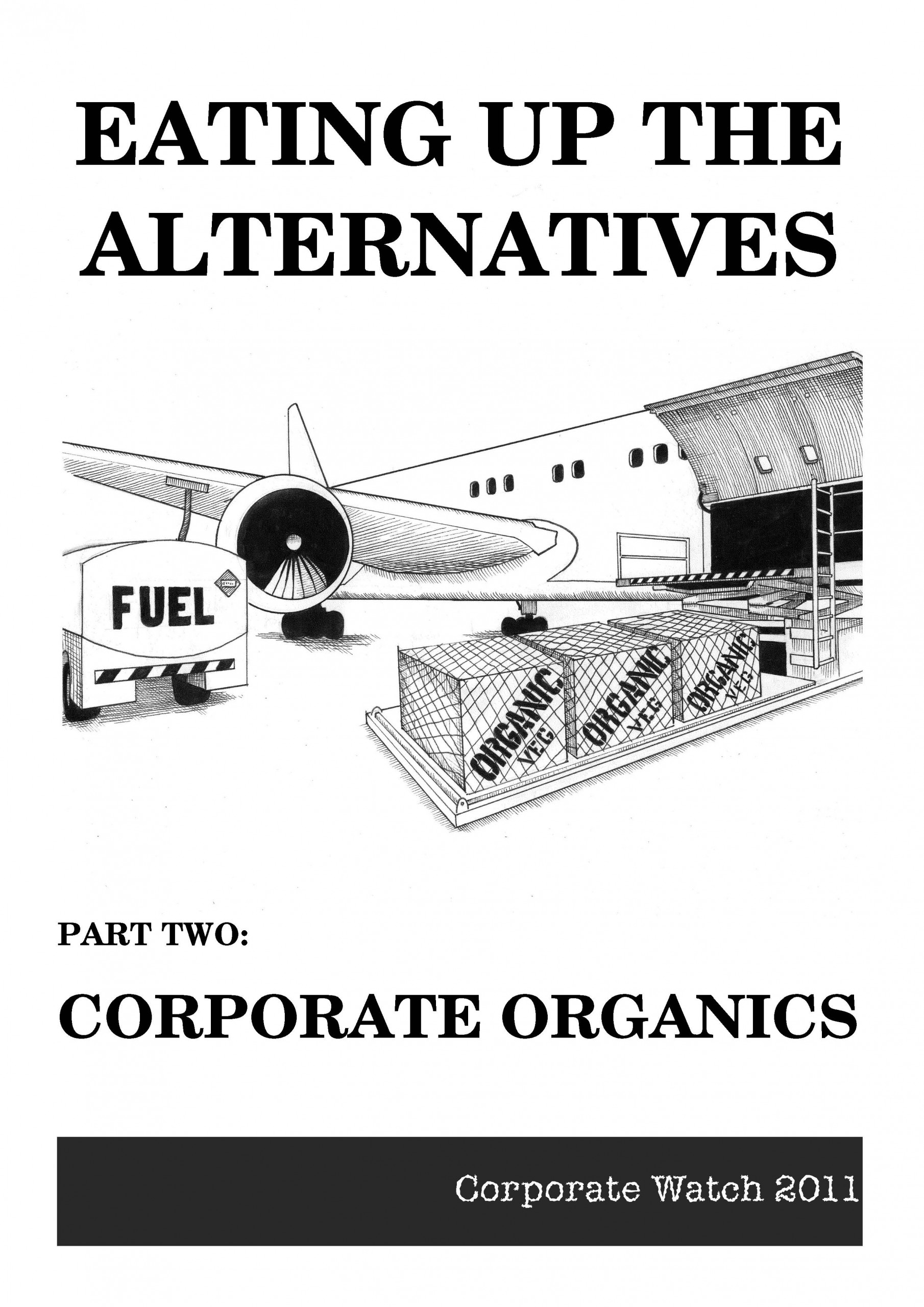Description
“Food system sustainability needs to be seen as much more than a set of ecological standards easily met by discerning consumers: it is a fundamentally political project with obligatory cultural, social and ideological dimensions.”‘[i]
From Johnston, Biro & MacKendrick, “Lost in the Supermarket: The Corporate-Organic foodscape and the struggle for food democracy”
There has been a massive surge in the popularity of organic food in the last two decades. With this, the organic industry has been transformed from marginal and niche to mainstream, with organic products standing side by side with conventional versions on most supermarket shelves. The meaning of ‘organic’ has itself changed correspondingly. For many consumers, organic has become simply a more expensive option, a price premium justified for the sake of a ‘purer’ vegetable or piece of meat, untouched by chemical pesticides, preservatives or antibiotics.
But this is far from the founding principles of organic farming. The organic belief system encompasses a range of issues designed to create an alternative way of producing and consuming food that benefits not only the environment and human health, but encourages a deeper understanding of the social and ethical aspects of food production. Had organic beliefs hit the mainstream in their purest form, the foundation for an ethical food revolution may have been set – the fact that they were instead watered down was a result of the corporate co-option of the organic movement.
References: [1]Johnston, Biro & MacKendrick, “Lost in the Supermarket: The Corporate-Organic foodscape and the struggle for food democracy” In: Antipode Vol 41, No 3 22/5/2009



